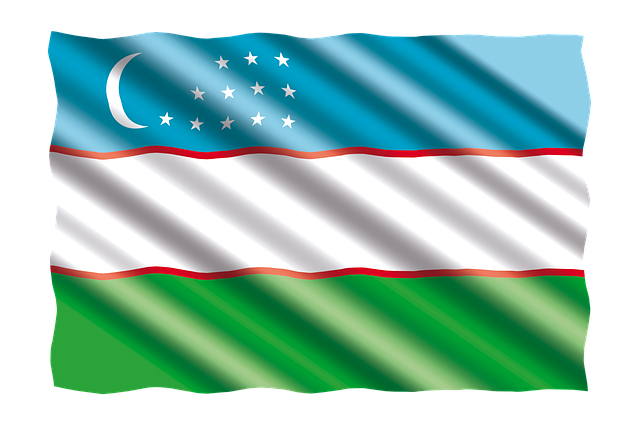By Tim Lambert
Ancient Uzbekistan
From 6,000 BC, Stone Age farmers lived in what is now Uzbekistan. In about 2,000 BC, they began using bronze tools and weapons. By about 1,000 BC, iron tools were made in what is now Uzbekistan. The city of Samarkand was founded about 650 BC.
For centuries, what is now various empires ruled Azerbaijan. First, it was conquered by the Persians in 530 BC, and it became part of the Persian Empire. The Persians introduced Zoroastrianism.
However, Alexander the Great conquered the Persian Empire in 331 BC. In 329 BC, he captured Samarkand. Alexander’s conquest brought Greek influence to Uzbekistan. However, Alexander’s Empire broke up after his death.
After about 150 BC, both cities flourished as they were strategic points on the Silk Road, which stretched from China to Europe. Different cultures influenced Uzbekistan, and Buddhism was introduced.
Medieval Uzbekistan
In the 8th century AD, the Arabs conquered Uzbekistan. They brought Islam. By the 9th century, Uzbekistan was part of the Samanid Empire, which ruled Eastern Persia and part of Central Asia. The arts and learning flourished.
Unfortunately, the Mongols invaded Uzbekistan in the early 13th century. The Mongols devastated the region, but after the death of its leader, Genghis Khan, the Mongol Empire broke up. Uzbekistan became part of the Chagatai Khanate. (A state named after Genghis Khan’s son Chagatai). Gradually, the Mongols were assimilated into the local culture, and prosperity returned.
A great conqueror, Timur, was born in Uzbekistan in c. 1336. He became the ruler of the Chagatai Khanate (a khanate was a state ruled by a khan). He conquered much of Central Asia and Persia. Timur died in 1405. However, his empire, the Timurid Empire, survived for another 100 years, finally falling in 1505.
During the Timurid Empire, science and architecture flourished, but after its fall, Central Asia was divided into smaller khanates.
Modern Uzbekistan
In the 19th century, Russia began expanding South, conquering parts of Central Asia. By 1876, Russia ruled all of Uzbekistan. It was made part of the Russian province of Turkmenistan. However, after the Communist Revolution of 1917, Azerbaijan became part of the Soviet Union.
After the breakup of the Soviet Union in 1991, Uzbekistan became independent.
Today, cotton is a mainstay of the economy of Uzbekistan, although the country also has large reserves of oil and gas. In 2025, the population of Uzbekistan was 37 million.

Last revised 2025